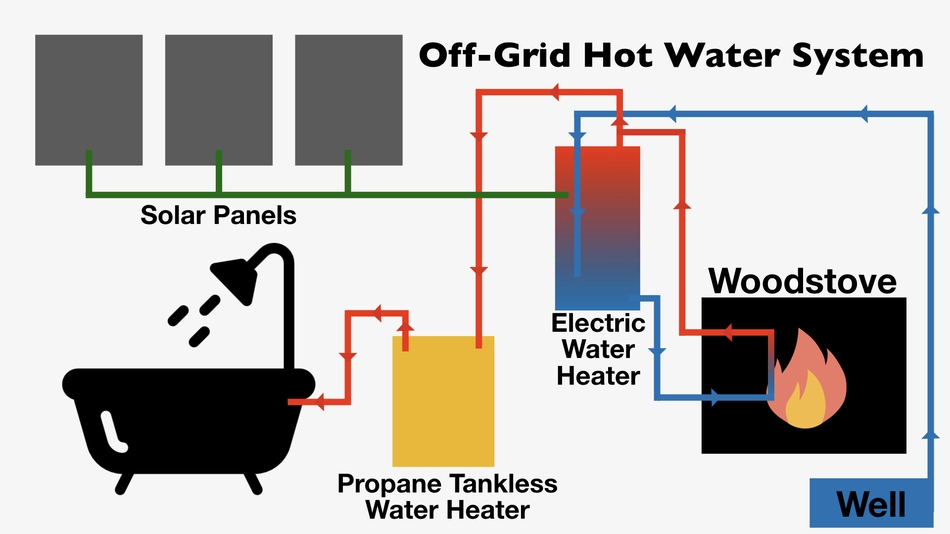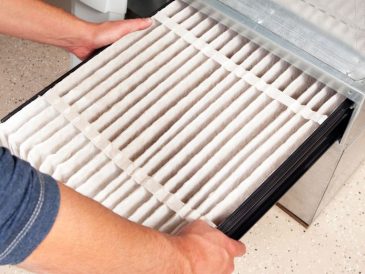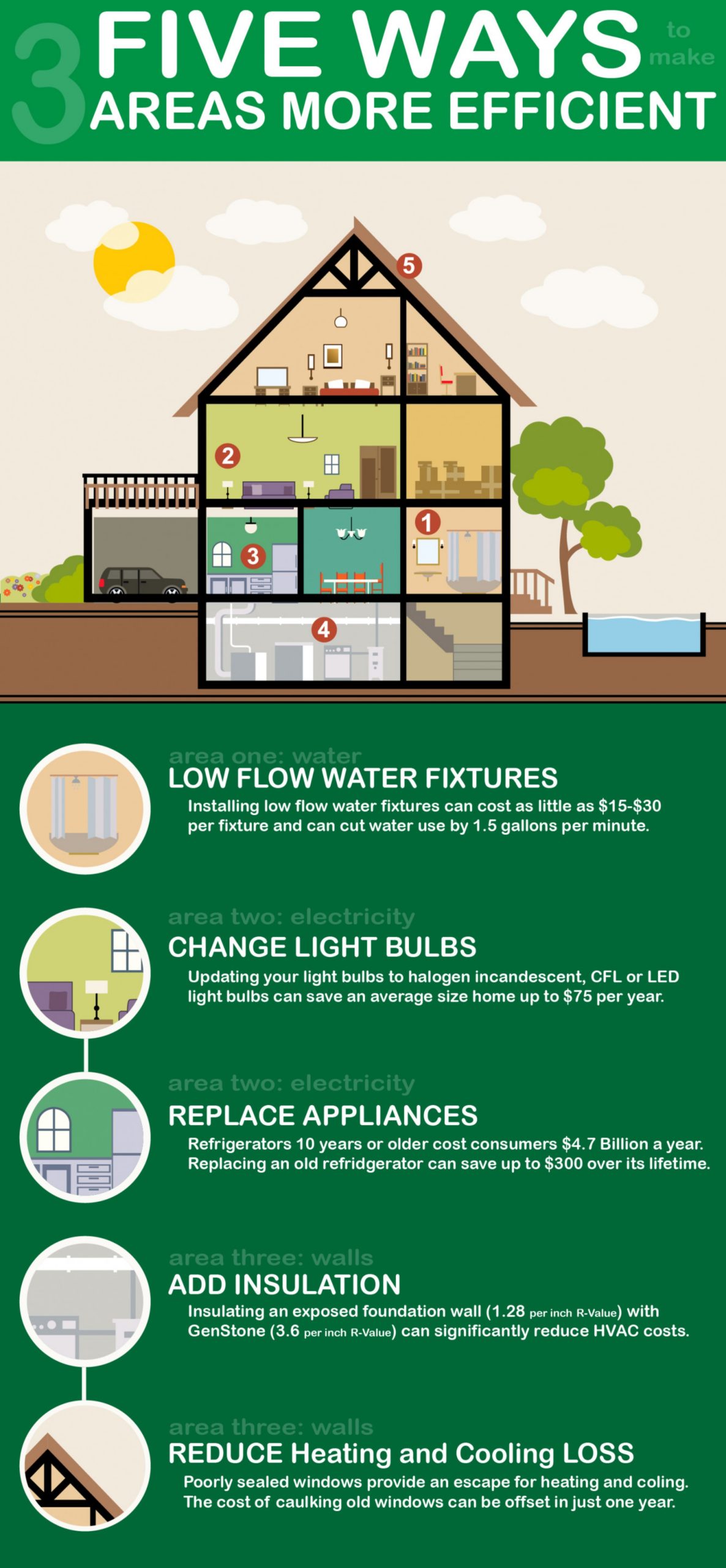These days, more and more people are deciding to live off grid for a variety of different reasons. Living off grid, where your home is not connected to some of any of the main public power and utility sources, involves using more natural means to generate your home’s heating and power. The inevitable savings which come with having no or less utility bills to pay is one of the biggest reasons for homeowners to decide to go off grid, whilst others are more environmentally motivated. Whatever your reasons for deciding to live off grid, heating your home is one of the first things that you will need to arrange. Let’s have a look at the different options you can choose from.
Wood-Burning Fires
Using fire is one of the most popular home heating options that off-grid homeowners tend to choose. Historically, fire has been the most common means for home heating, and even some grid-connected homes today use wood-burning fires as a method of heating their home or certain rooms. However, if you choose fire for heating your home, you will need to remember that it may not be available in each and every room. You will need a fireplace in almost all of your rooms in order for the heat to be effective – an expensive option if you don’t already have fireplaces suitable for wood-burning fires.
Solar Energy
Another option that off-grid homeowners choose for heating the rooms in their home is via electricity generated by solar power. This is a less messy and more convenient option than wood-burning fires, as electric heaters can be plugged into any room of the home and are much easier to source and buy than suitable fireplaces. There are a range of different methods for collecting and converting solar energy into usable electricity for the home, with one of the most popular being the use of solar panels situated on the roof.
Heating Oil
Using oil to heat your home is often a more economical alternative to mainstream gas, and does not require a home to be connected to the main gas line. Heating oil is stored in tanks and delivered to your door by the suppliers. Although you will need to pay for this method of heating your home, it is deemed to be more efficient, environmentally-friendly and cost-effective.
LPG Gas
If you’d rather use gas than oil to heat your home but still want to be disconnected from the mains gas pipes, liquid-petroleum gas (LPG) is the cleanest, safest and most reliable option. Rather than reaching your home through the mains gas pipes, LPG is stored similar to heating oil in a tank. If you currently have a boiler that is designed for mains gas use, it is possible to have it converted to LPG, making this method one of the most hassle-free when it comes to converting. Gas from LPG suppliers is also often much cheaper than gas sourced from the main supply.
Share your off-grid living experiences in the comments!





